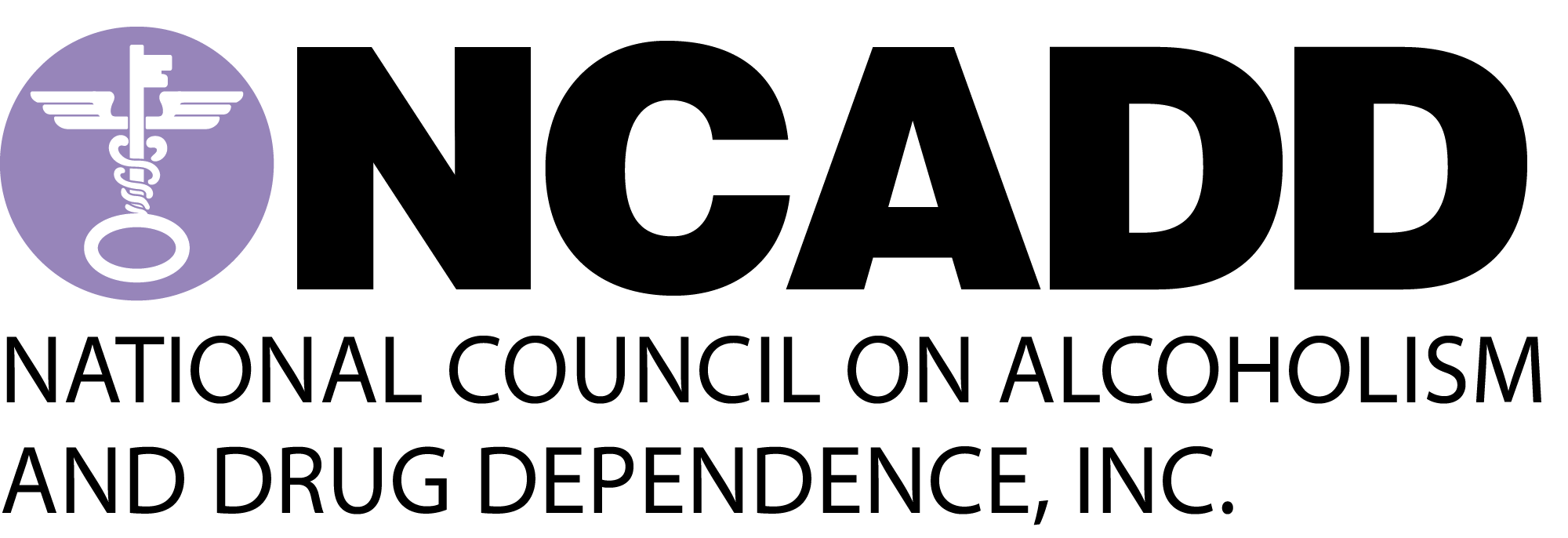Members of the armed forces are not immune to the drug and alcohol problems that affect the rest of society. According to a Department of Defense Health Behavior Survey, while illegal drug use has declined, prescription drug abuse and heavy alcohol use have increased.
Those service members with multiple deployments and combat exposure are at the greatest risk of developing drug and alcohol problems, use more prescribed medications, and often exhibit a co-occurring triad of Post-Traumatic Stress Disorder (PTSD), traumatic brain injury (TBI), and pain, which complicates the problems with drug and alcohol use. Additionally, difficulties in civilian life — setbacks such as job loss, divorce and financial problems — all common for returning vets — may push as many as 13 percent of vets toward drinking and drugs.
Drug Use and Prescription Medication
While the use of illicit drugs such as marijuana, cocaine, heroin, and methamphetamine among service men and women has remained low, there has been a steep rise in the misuse of prescription drugs, particularly pain relievers.
Many vets have serious injuries, with a legitimate and ongoing need for pain medications, yet the broad availability of these medications and large increases in prescriptions may contribute to their growing misuse by some service members. Pain reliever prescriptions written by military physicians quadrupled between 2001 and 2009 — to almost 3.8 million.
According to a Department of Defense study, while the overall civilian rates of prescription drug misuse was 4.4%, the rate for veterans was 11.7%, over two-and-a-half times higher than the civilian rate. The problem is particularly acute for women who serve.
PTSD
Post-traumatic stress disorder, or PTSD, is often an underlying factor for substance use disorders among veterans and active-duty service members. PTSD is typified by extreme anxiety and stress persisting long after the event that caused it (with flashbacks, nightmares, and frightening thoughts being common). Unfortunately, many veterans with PTSD turn to alcohol or drugs to self-medicate.
The U.S. Department of Health and Human Services found that PTSD is a common diagnosis in military personnel returning from Iraq and Afghanistan:
- About 25 percent were diagnosed with PTSD, depression, anxiety or chemical dependency.
- Over half had more than one mental health or substance use disorder.
- The rate of PTSD among these veterans was 3.5 percent higher than the civilian population.
Struggling to cope with a traumatic event doesn’t always lead to problems with alcohol or drugs. However, service members who experience combat and other traumatic events are more likely to have problems with alcohol and drugs, making it more difficult to deal with stress and trauma.
Women
More women are serving in the military today than ever before, and the gender shift creates new challenges in identifying and treating returning veterans’ alcohol and drug problems. According to the Veterans Administration, about one-in-five female veterans have post-traumatic stress related to “military sexual trauma,” a catch-all category that includes everything from sexual harassment to rape, and often leads to alcohol and drug problems. Additionally, according to a Department of Defense Survey, women in the military tend to be more likely than their male counterparts to use illicit drugs, while prescription drug abuse among women on active duty is more than four times the rate for civilian women.
Family
Trauma and substance abuse affect the whole family and the challenges service members experience with drugs and alcohol can have a ripple effect while they are serving and upon their return home. Family members of active duty military and returning veterans, however, are often more willing than veterans to seek care, and family member referrals to resources and educational materials can be the first step to a veteran’s healthful adjustment to civilian life and recovery.
Seeking Help
Finding effective help and finding it as soon as possible are the best ways to address alcohol and drug issues in veterans. However, according to the Army, only 40 percent of veterans who screen positive for serious emotional and substance use disorders seek help from a mental health professional. Stigma is a major barrier for veterans and according to SAMHSA service members frequently cite fear of personal embarrassment, disappointing comrades, losing the opportunity for career advancement, and dishonorable discharge as motivations to hide symptoms of mental illness and drug or alcohol problems from family, friends and colleagues.
Broadening insurance coverage to include effective outpatient treatments and better equipping healthcare providers to recognize and screen for substance use problems has been recommended by the Institute of Medicine (IOM) to address the problem of substance use in the military. The IOM also suggests increasing confidentiality for those seeking treatment, limiting access to alcohol on military bases, and shifting a cultural climate in which drug and alcohol problems are stigmatized.
Whether you’re seeking help for yourself, a family member or someone you care about, you shouldn’t face the challenges of recovery alone. With proper treatment, support, and self-help strategies, you can overcome the effects of alcoholism and drug dependence and reclaim your life.
To learn more about what one NCADD Affiliate is doing to help veterans:
Ft. Worth, TX Affiliate’s Programs for Returning Vets, Children
